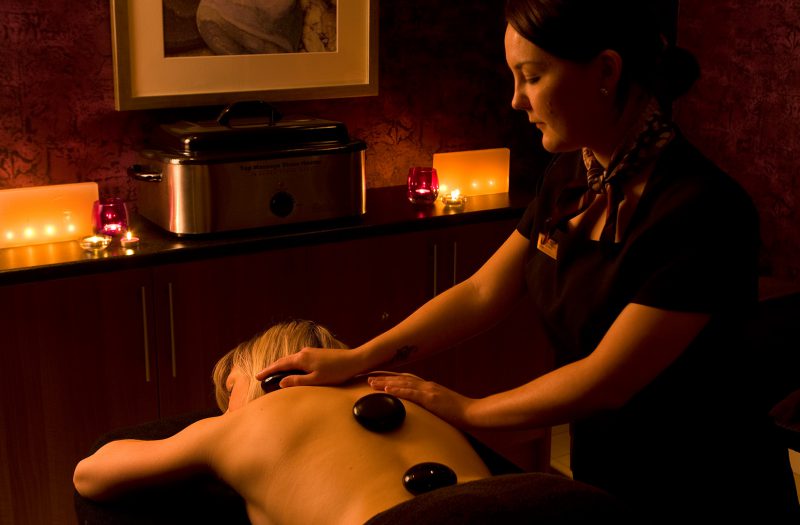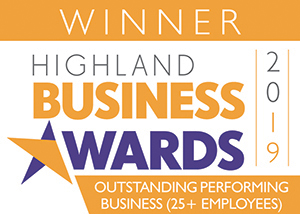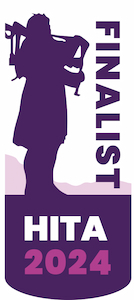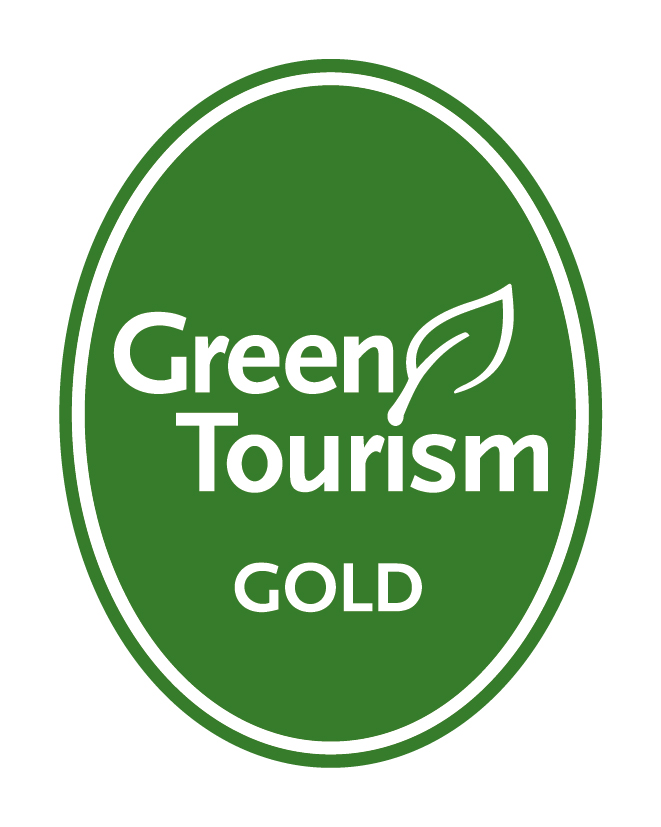A guide to Scottish money
When you visit Scotland, you’ll notice we have our own bank notes, which are different from ones issued in England and the rest of the UK. Knowing Scottish money is important for getting around the country’s towns, countryside and cities. In this guide, we’ll dive into everything you need to know about Scottish money, from its denominations to practical tips for handling it during your stay.
Scottish currency
The currency used in Scotland is the pound sterling (£), just like in the rest of the United Kingdom. However, what sets Scottish money apart is its series of banknotes issued by three Scottish banks. The Bank of Scotland, the Royal Bank of Scotland and Clydesdale Bank. These notes are legal tender across Scotland and also accepted in the UK.
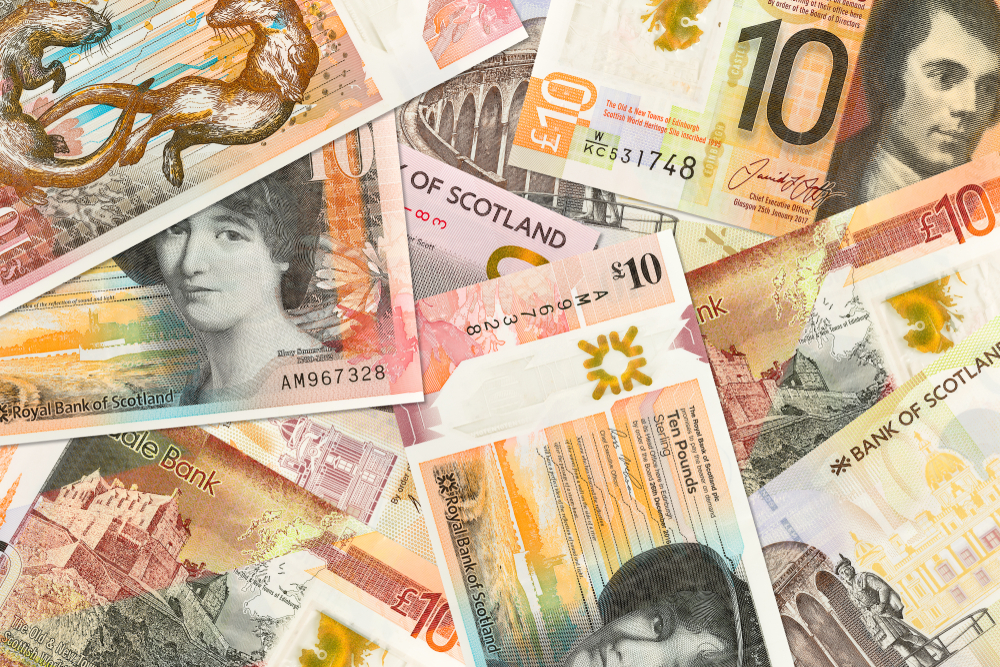
Scottish coins and banknotes
Scottish currency comes in familiar denominations, including £5, £10, £20 and £50 notes. Each note features iconic Scottish imagery, historical figures and landmarks. Scottish coins available are 1p, 2p, 5p, 10p, 20p, 50p, £1 and £2.
It’s worth knowing that coins and banknotes have been updated in recent years with some older designs no longer in use. Keep this in mind if you’re thinking of using money from a previous trip to the UK, as it might not be accepted anymore.
English banknotes are accepted in Scotland, although some smaller businesses may prefer Scottish notes. It’s always good to have a mix of both currencies when travelling around Scotland to ensure smooth transactions.
Bank cards and travel cards
Most establishments in Scotland accept major credit and debit cards, making purchasing when travelling around convenient. However, we advise carrying some cash for smaller transactions, especially in rural areas where card acceptance may be limited or a minimum card spend is in place. You’ll also find major bank branches open Monday to Friday in cities and towns across Scotland. Some city branches are also open on Saturday mornings.
ATMs are easily found all over Scotland and most are connected to international money systems like Cirrus, Visa or Mastercard. However, in rural areas, you might not always find ATMs nearby. It’s good to have some cash on hand for your immediate needs just in case you can’t find a working machine and need to pay for something in cash.
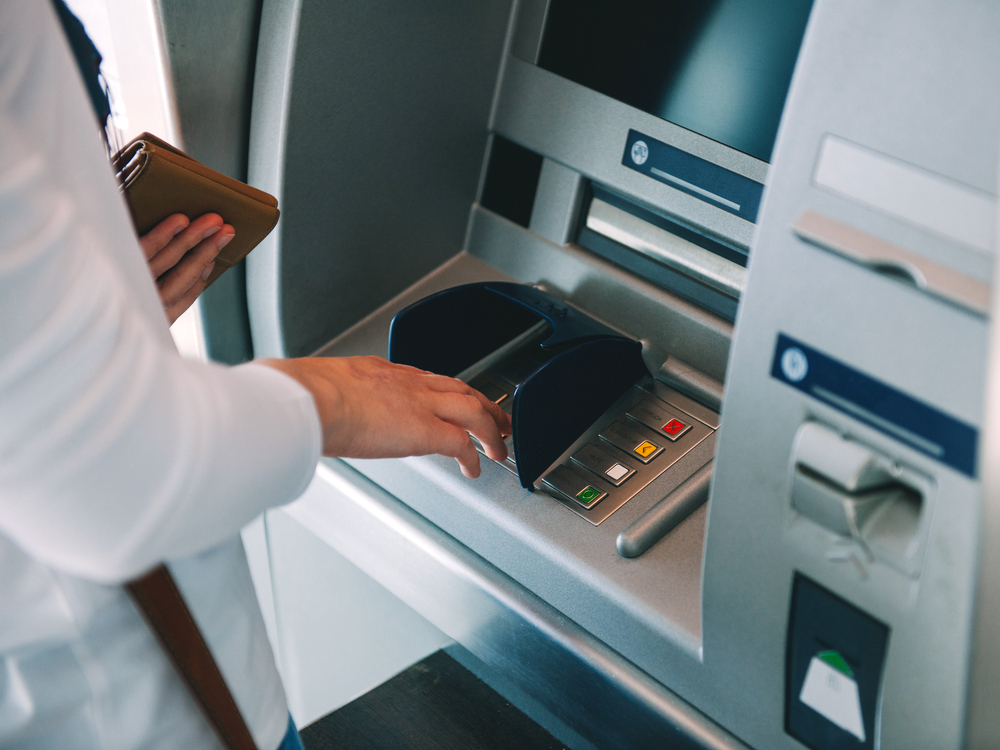
The difference between English and Scottish money
While Scottish money holds the same value as English pounds the design and issuing authorities are different. English banknotes are issued by the Bank of England, distinct from the Scottish banknotes issued by the three Scottish banks mentioned above. Despite this, all forms of UK currency are widely accepted throughout Scotland.
Slang terms for Scottish money
In Scotland, we have slang words for money which are also used across the UK. ‘Dosh’ and ‘Dough’ are general terms for money. ‘Quid’ for a £1 coin, ‘Fiver’ for a £5 note, ‘Tenner’ for a £10 note and ‘Grand’ for a thousand pounds. One of using Scottish money slag would be ‘Can I borrow a quid?’.
Tipping in Scotland
There are no set tipping rules in Scotland which is similar to the rest of the UK. While it’s not compulsory, leaving a tip of around 10-15% for good service is appreciated, particularly in restaurants and for taxi rides. You also don’t need to leave a tip if the establishment has already added a service charge to the bill.

VAT in Scotland
Unlike some countries where taxes are added at the point of sale, the price displayed in Scotland generally includes VAT. This means that what you see on the price tag is what you’ll pay at the till.
Currency Converters
For quick conversions between different currencies, there are many online tools and mobile apps available. This allows travellers to stay updated on exchange rates and make informed financial decisions during their time in Scotland.

We hope you’ve enjoyed our guide to Scottish money. If you are thinking of visiting Scotland we are a luxury hotel based in Inverness. Book your stay with us. Please contact us if you need any help in arranging your stay.

 Car Charging
Car Charging






